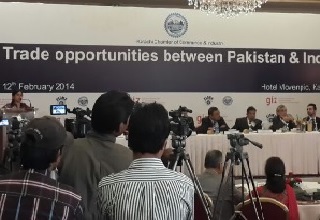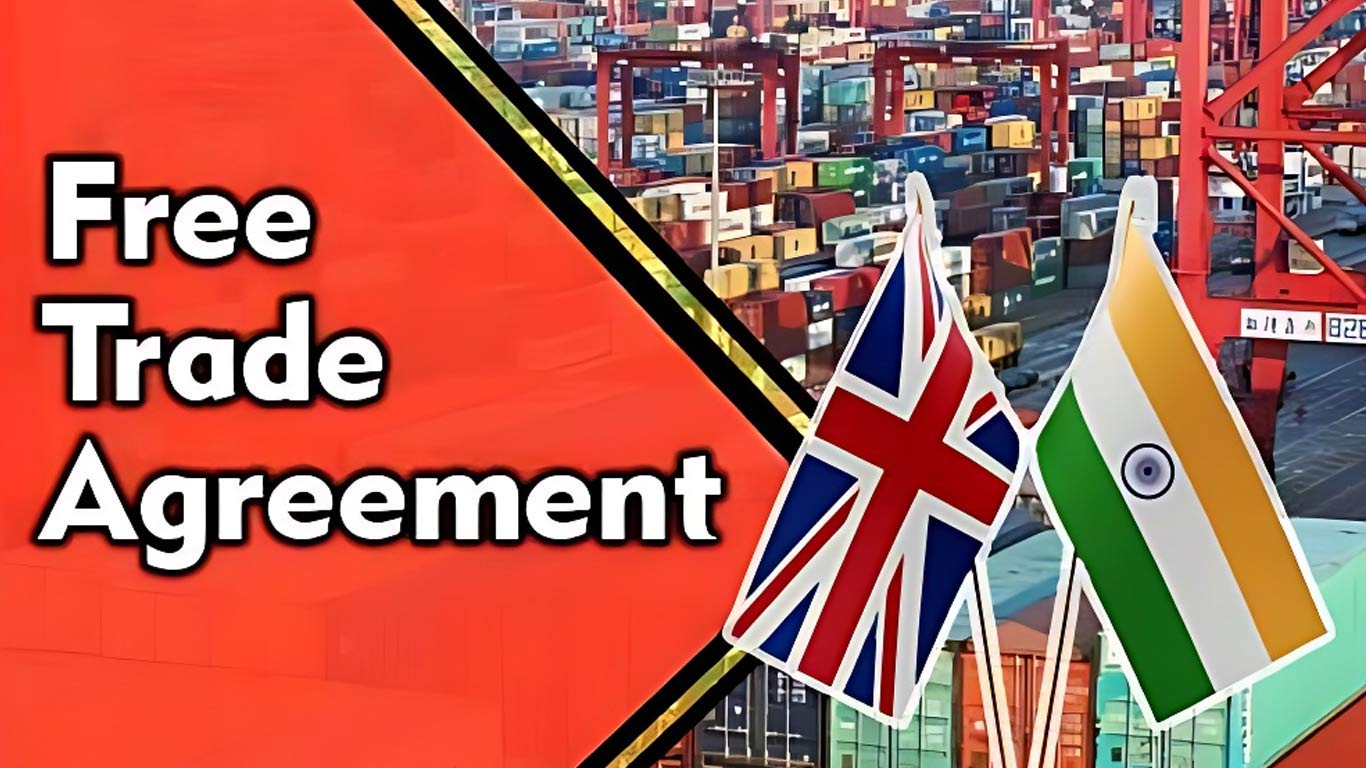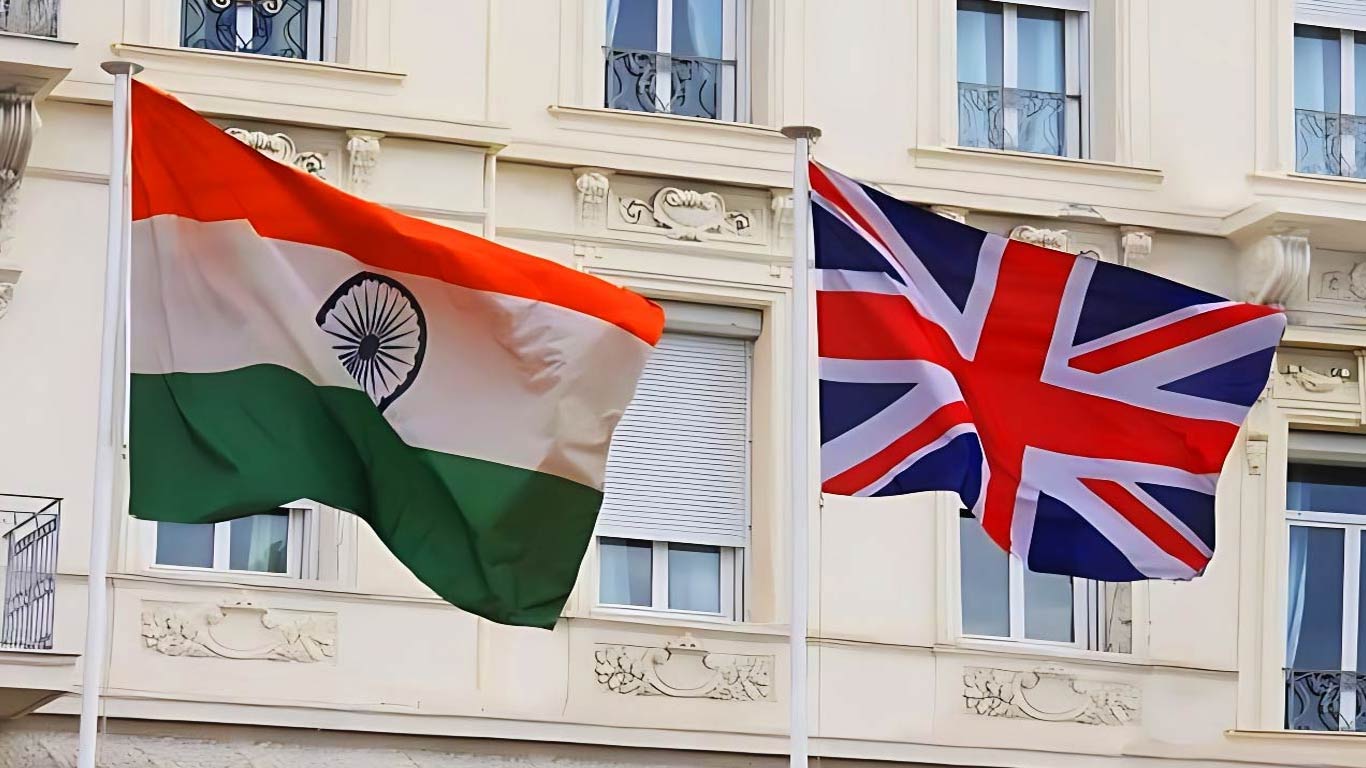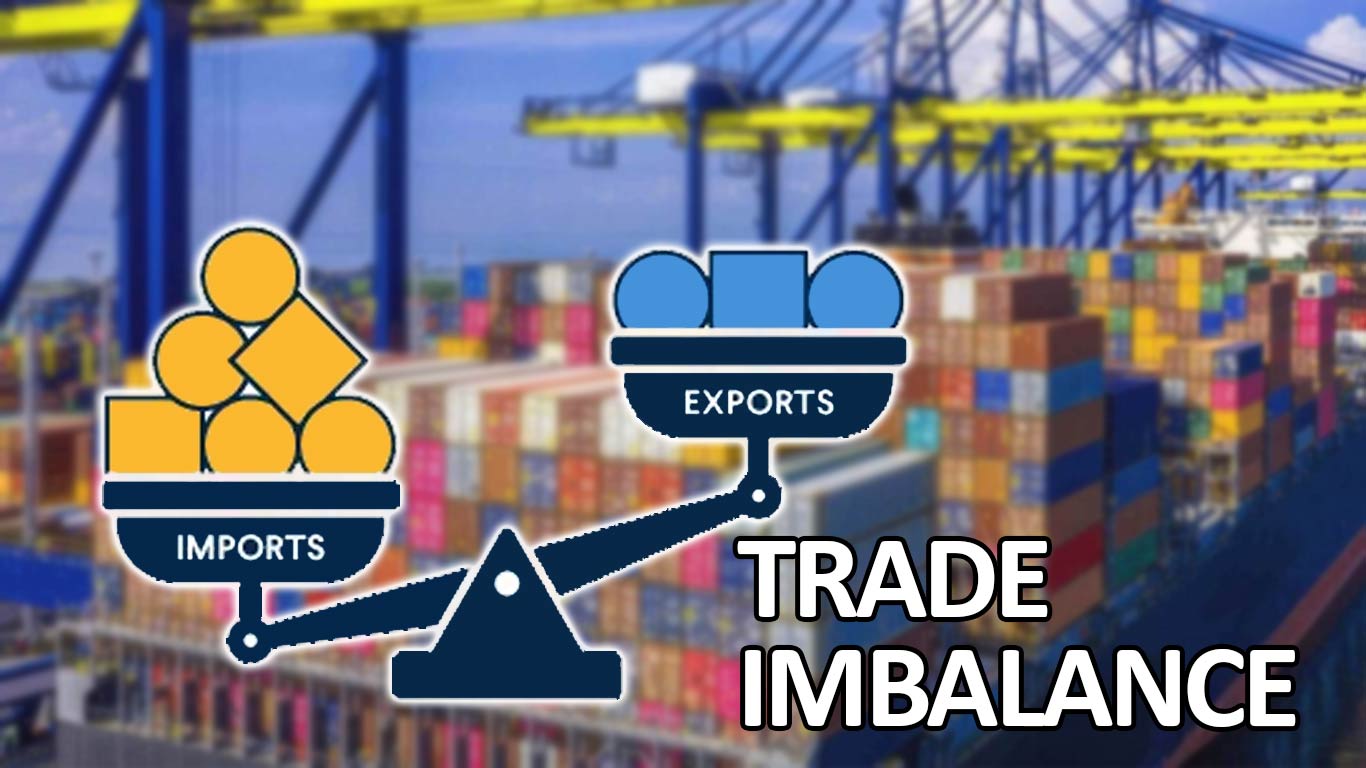Thaw in Indo-Pak trade relations: Pak SME delegation to visit India in March
Updated: Feb 13, 2014 01:49:05pm

With all the decks being cleared for the visit of Indian Commerce and Industry Minister Anand Sharma to inaugurate ‘India Show’ in Lahore on February-14, the trade bodies are busy cozying up to each other in its run-up.
A trade delegation comprising of Indian SMEs, mounted by Federation of Indian Micro and Small & Medium Enterprises (FISME), is already in Pakistan meeting its counterparts in different Pakistani cities.
A composite fifteen member Pak SME delegation comprising of delegates from several chambers such as Karachi, Lahore and Islamabad, is slated to visit India in March this year. The visit will also be coordinated by FISME. The exchange is being supported by GIZ- the German agency for international development.
During a seminar on ‘Trade Opportunities between Pakistan and India’ with Karachi Chamber of Commerce and Industry, Joint Secretary of FISME, Mukesh Kalra, allayed fears among a section of Pakistani society that granting Most Preferred Nation (MFN) status to India would result into swamping of Indian goods.
‘India is a two trillion dollar economy and opportunities it presents to Pakistani producers are unimaginable’, he said.
President KCCI Aamir Abdullah Zaki emphasized the need to protect the small investors in both the countries. ‘Trading more using Wahag-Attari boarder could save billions of dollars to both the countries’ Zaki said.
The discussions during the seminar brought forth several problem areas. Besides huge delays in getting business visa, restrictions of visiting scheduled cities and police reporting, visiting businessmen face a lot of difficulty in communication as SIM cards of one country would not function in another country.
Exporters from both the countries cited high cost of dealing with non-tariff barriers, standards and opaqueness in trade rules. FISME is also conducting a study on the NTBs in bilateral trade. (KNN/AB)











